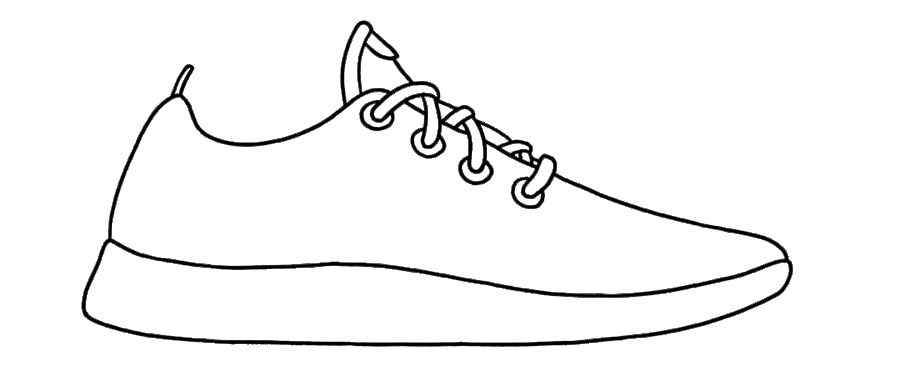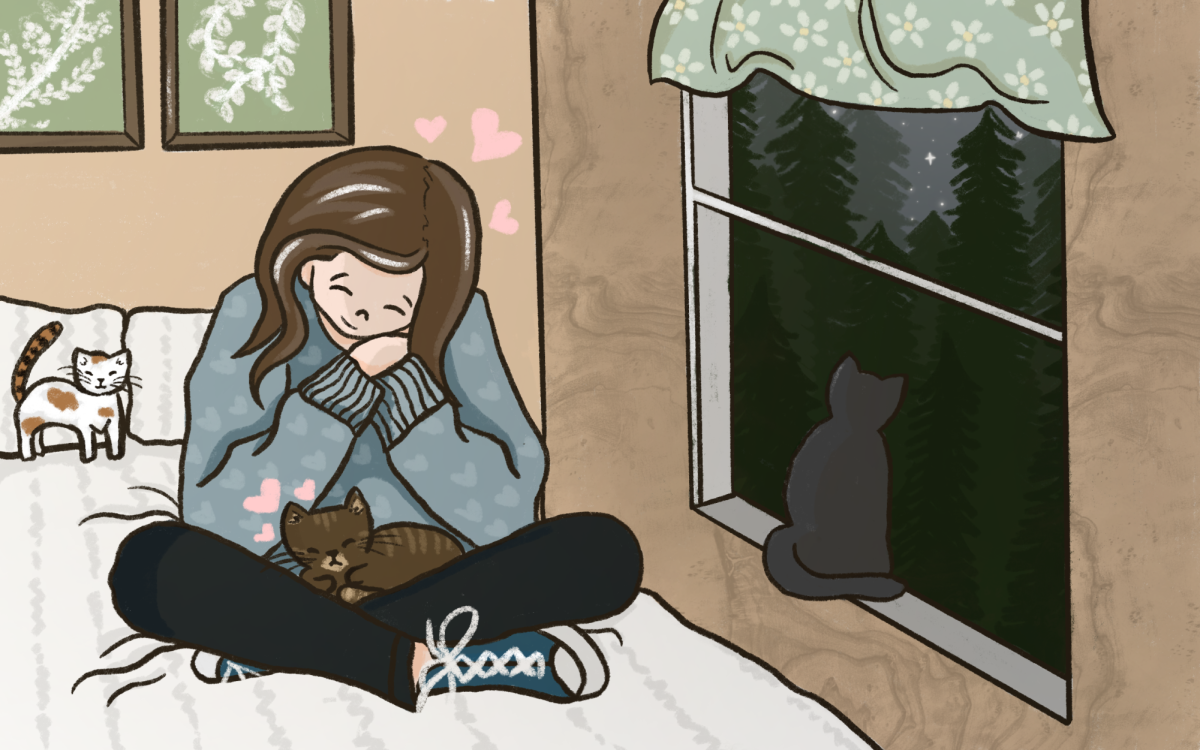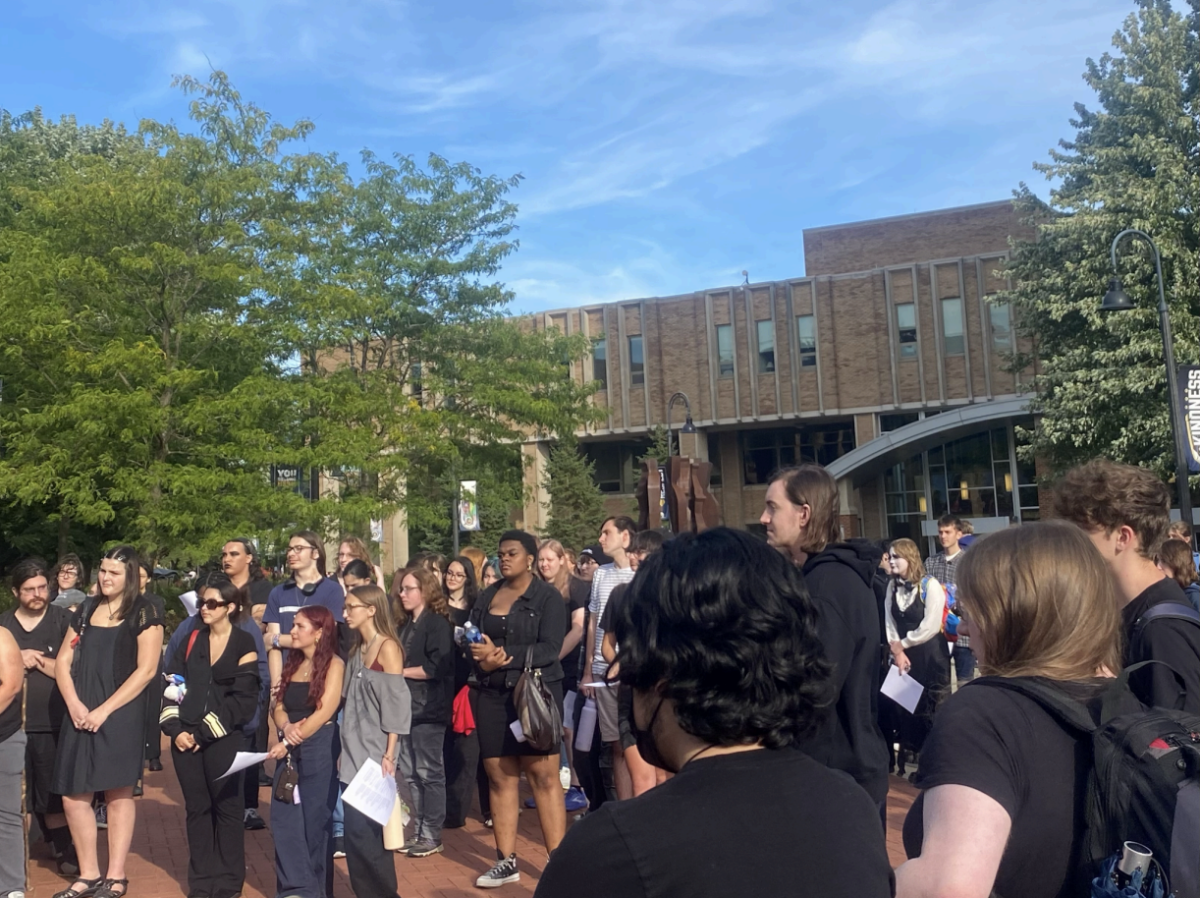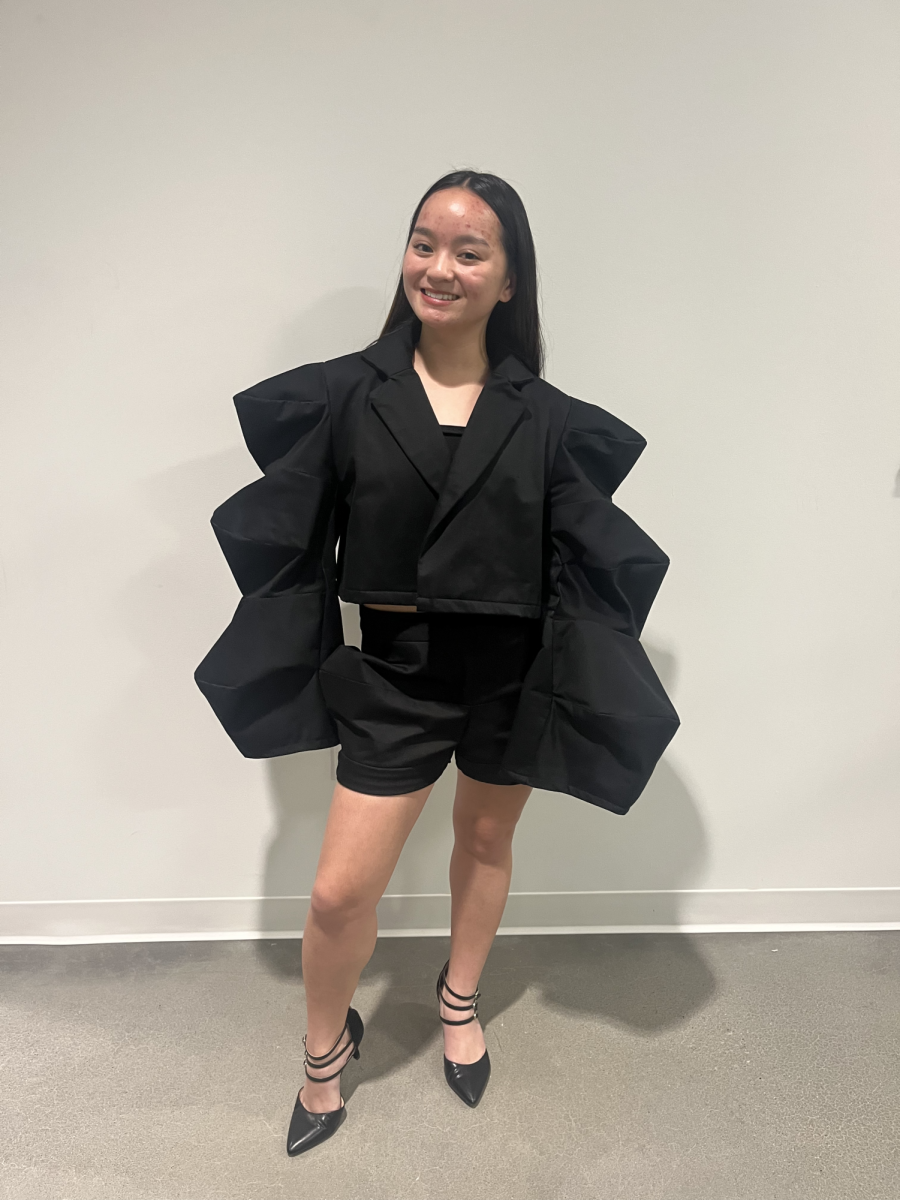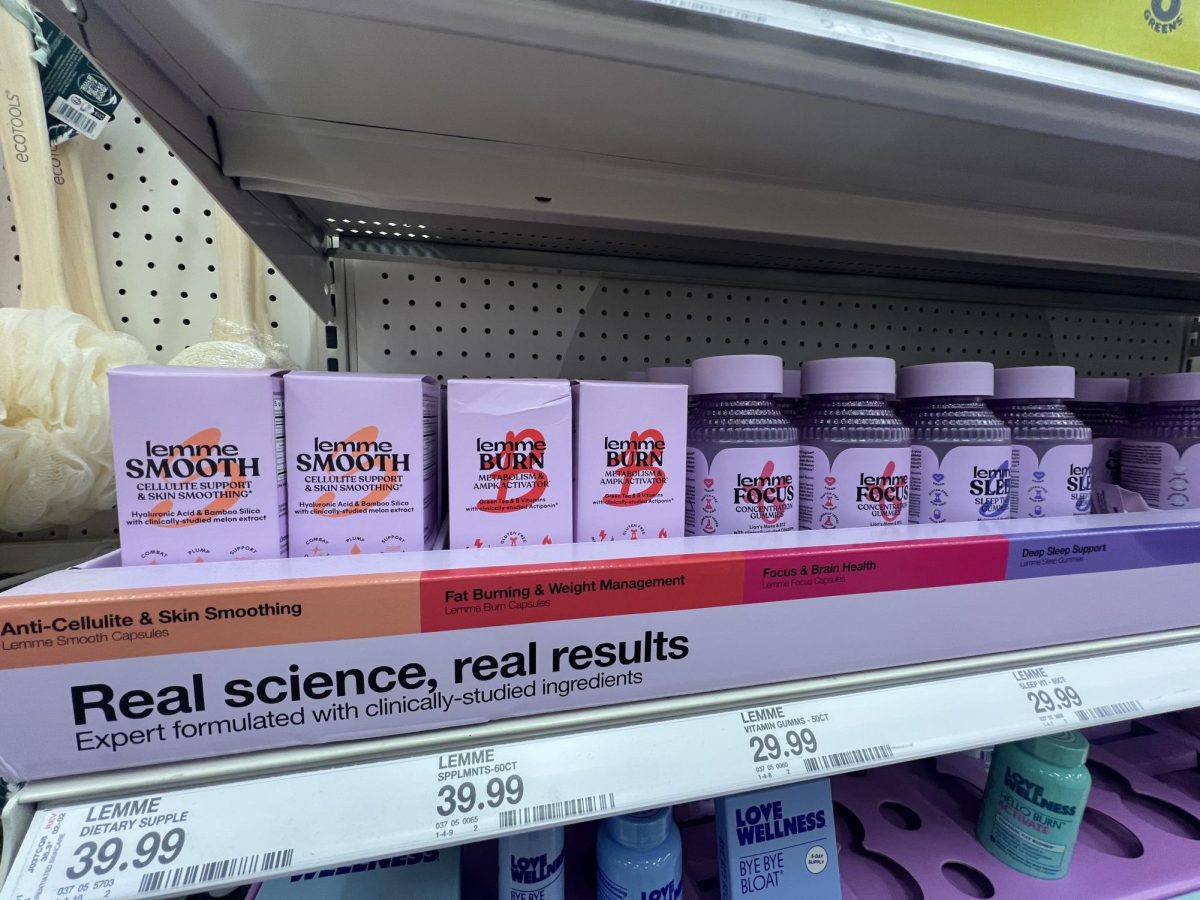Over time, the fashion industry continuously adjusts to environmental changes occurring around the world. Social phenomena such as sustainability and eco-friendly products are key challenges faced by consumer sectors, according to an Italian study done in 2011.
Moreover, with increased production and consumption, the implementation of recycled materials utilized in shoe manufacturing is becoming an increasing trend.
A Silicon Valley startup company, Allbirds, was founded in 2014 as an environmentally friendly yet comfortable shoe manufacturer. The company later introduced its widely popular wool sneaker and has since announced the next shoe material shift from wool to trees.
Co-founder Tim Brown says, “We’ve been the leaders, you could argue, in creating a new class of footwear and at first glance, shoes made out of trees don’t make a lot of sense, either,” according to Financial Post.
The company implemented the product design to produce sneakers with recycled eucalyptus trees. According to Allbirds, using eucalyptus materials to produce sneakers requires five percent of the total resources used in traditional shoes made of combinations of leather, plastic and rubber.
In addition to serving the environment, Allbirds’ eucalyptus tree shoes wick away sweat for consumers in need of a suitable running shoe. The company says, “hit the wide gap between dress shoes and motley, technical sneakers designed for specific sports.”
Since the release of Allbirds’ eco-friendly sneaker, numerous other companies began participating in the usage of environmental materials within the shoe production industry.
Companies such as Adidas followed the distinctive success of the eco-friendly shoe trend by producing original concepts, such as shoes designed to draw attention to pollution in the world’s oceans. New technologies can convert plastics into yarn, and Adidas Ultraboost Uncaged Parley line includes 11 recycled plastic bottles in each pair of shoes.
Additionally, the sneaker heels lining and laces are made from recycled materials as the company collaborates with environmental group Parley for the Oceans.
As the environment requires a further change from consumers in assisting in the decrease of waste production, industries, such as the shoe industry, continue to modernize and adapt to become more eco-friendly.
Cyrill Gutsch, the founder of Parley for the Oceans, says, “Nobody can save the oceans alone. Each of us can play a role in the solution. It’s in the hands of the creative industries to reinvent faulty materials, products, and business models. The consumer can boost the demand for change.”

